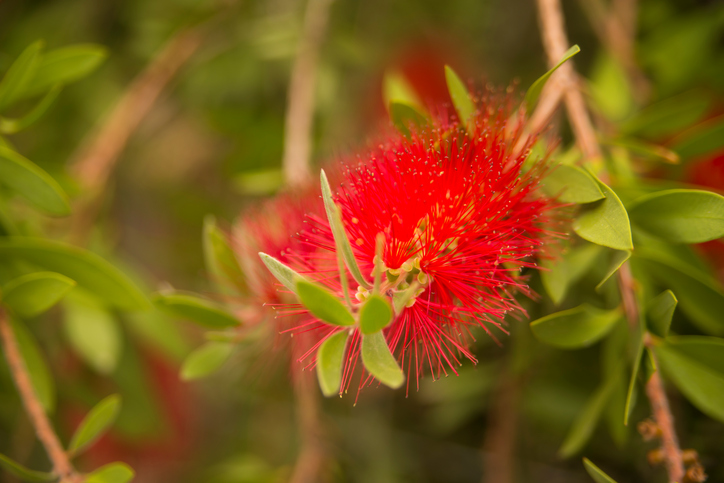
If you are struggling to keep your garden alive in the hotter weather, you should consider getting some native plants that require less water and care than other plants.
Here’s our list of five hardy plants that will thrive in warm, dry conditions:
When it comes to caring for native plants, here are some things to keep in mind:
For more information or advice, contact your local garden specialist.
Hi there,
Would you like to receive home decor
ideas and DIY tips to your inbox?
Subscribe to our mailing list!

